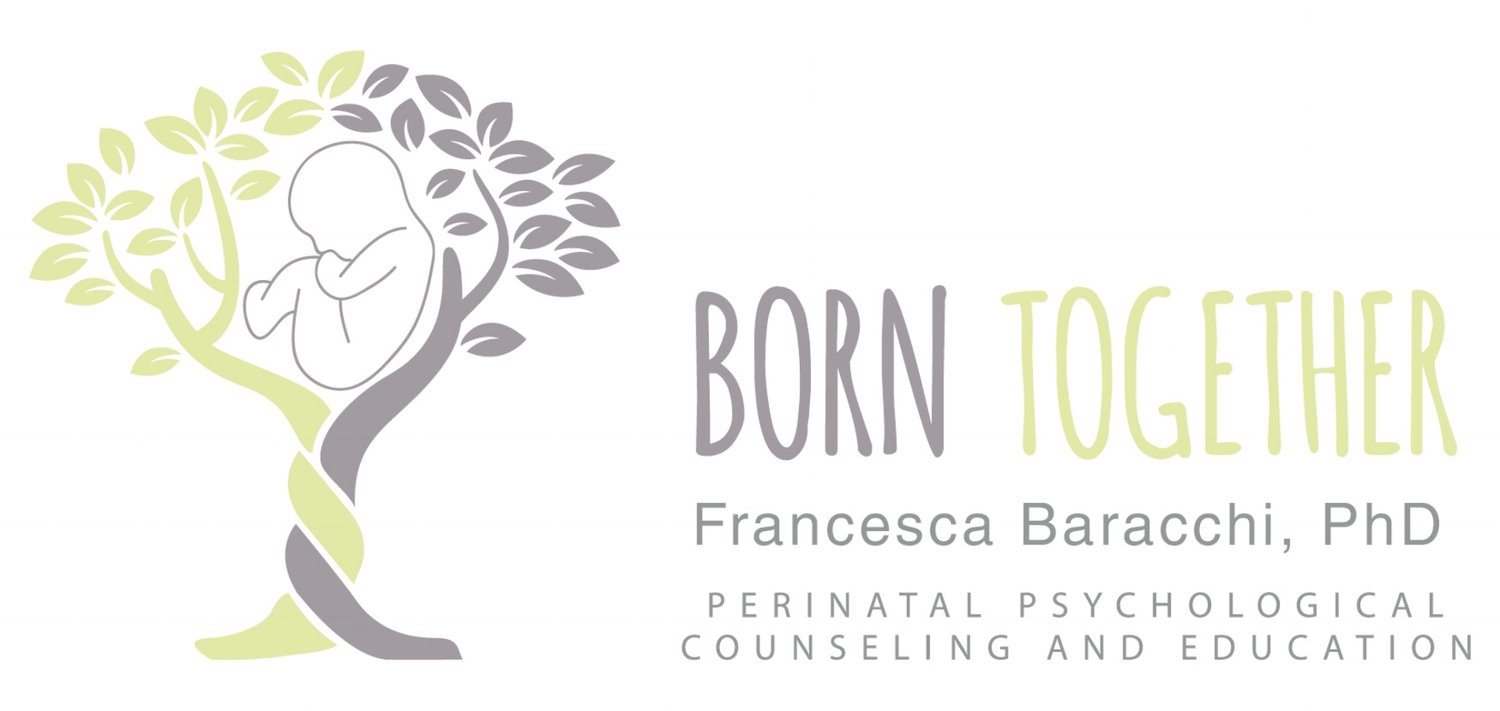Babies and sleep
When I was pregnant, one of my main concerns was the lack of sleep that I'd have to face once the baby was born. Everybody was warning me about it, but when Zoe arrived, she literally slept like a log from day one. I said slept like a log and not slept like a baby, because she was definitely not the norm.
Babies do not sleep like adults, sleeping like a baby means waking up several times per night, for months or even years. The physiology of their sleep is very different because their brain and bodies are very special. During the first three years of their life, your baby's brain goes through an amazing development which is unique and will never be the same at any other point in their life. Moreover, they need to develop a well functioning digestive system (meaning sometimes going through colic and reflux), a strong immune system (meaning that they get sick very often) and put out 20 teeth. The constant neurological changes and the challenges of a fast growing body, often associated with pain or discomfort, impact the sleep patterns of your baby greatly. If this is not a problem at all for the baby, for parents . it can translate into hours of sleep deprivation and this is where problems arise: it is tough to be a happy, functional and productive adult during the daytime when you get very little sleep at night.
My approach
There are two main approaches to deal with disrupted sleep during the first few years of life of your baby. An adult-centered one, better known as sleep training, which states that babies need to be taught how to sleep. This approach can use very different methods -- some very drastic like letting the baby simply cry it out, to others described as more gentle such as progressive extinction. The second approach is instead child-centered meaning that, instead of putting the needs of the adult in the center, the needs of the baby are put first. I personally follow the second approach, so if you are looking for someone who is going to help sleep train your baby, you need another professional.
Before defining my approach I gathered information and facts from my academic experience as a sleep researcher and my education in perinatal psychology. Even if there is definitely not any conclusive evidence that letting your baby cry it out will damage her brain and development, I believe that babies’ needs should always be met not only during the day but also during the night, in order to help them form a strong bond with the parents and develop a good self-esteem.
During my sleep consultations I assess the following:
If the baby has a healthy sleep pattern according to her age
If the sleep hygiene is correct or could/should be improved
Any extraordinary event or circumstance in the the baby’s life
The needs and the sleep habits of the family
According to this initial assessment, I work TOGETHER with the parents to find solutions that can improve the sleep of the entire family. I provide the parents with scientific information so that they can feel empowered and make their own decisions without feeling pressured or judged. Being a psychologist, I always start from the assumption that sometimes there are situations that we cannot change and, in those situations, the change we want to see happening needs to be in our own behaviour. For this reason, I do not promise miraculous results about your baby sleep, as sometimes it is just not possible. What I offer is the support to cope with challenging situations and the help in finding alternative strategies to survive those sleepless night.
My fee is 300 CHF and includes a home visit of the duration of about 2 hours and a follow up including 1 zoom call and up to 2 email exchanges within 6 months. Before our meeting you will have to fill a sleep diary for at least 5 full days and a brief questionnaire, which will give me a better idea about your situation and your concerns.

